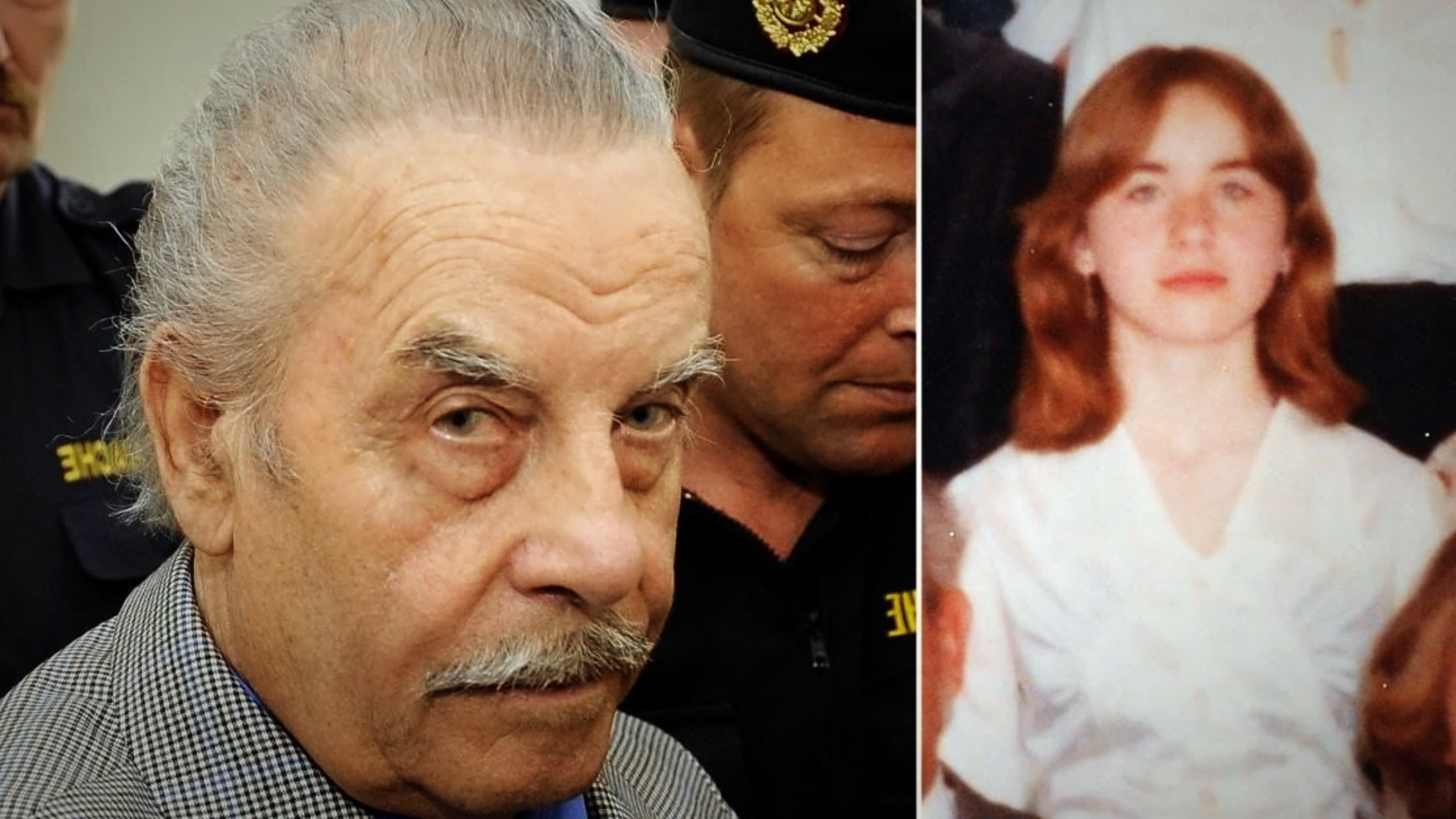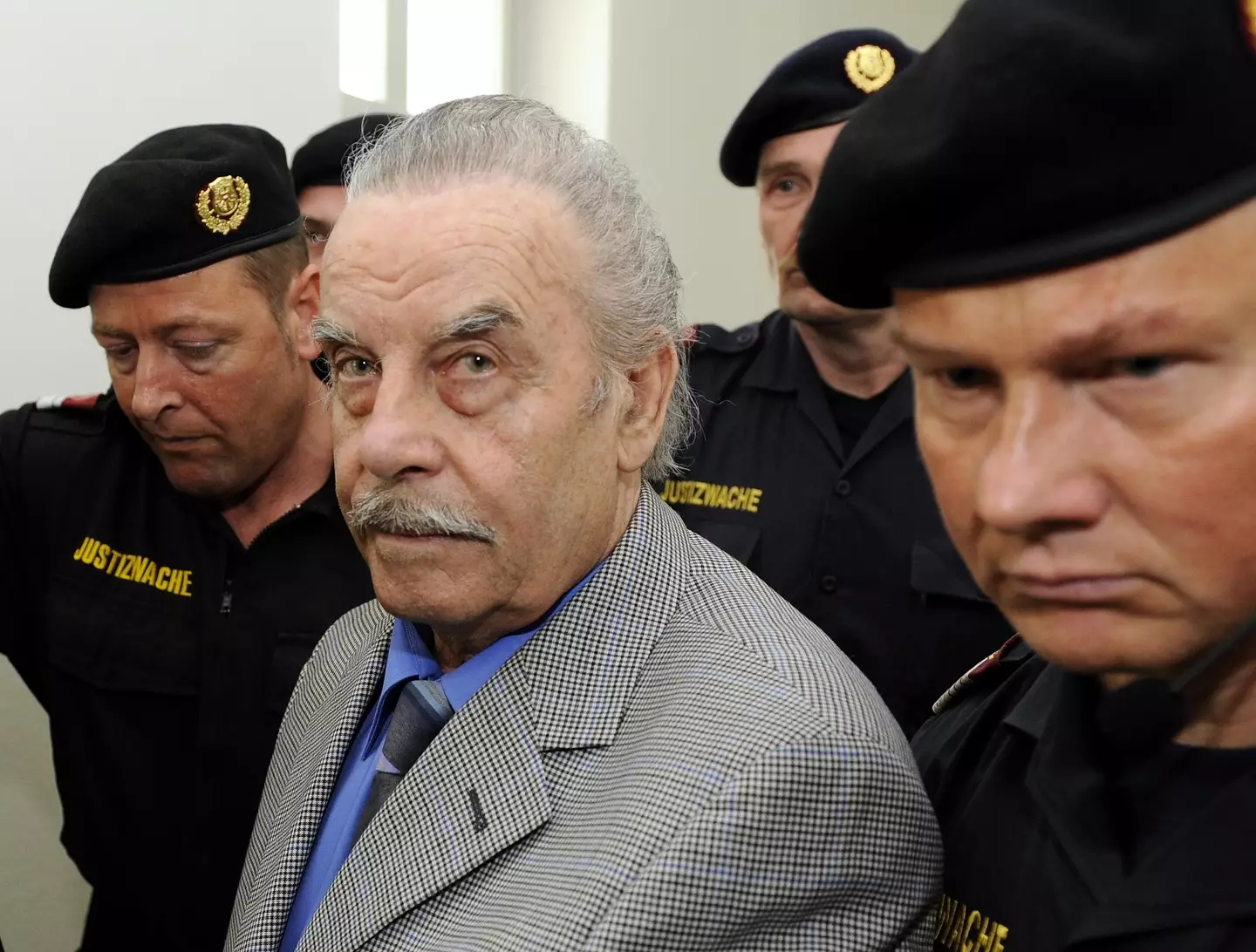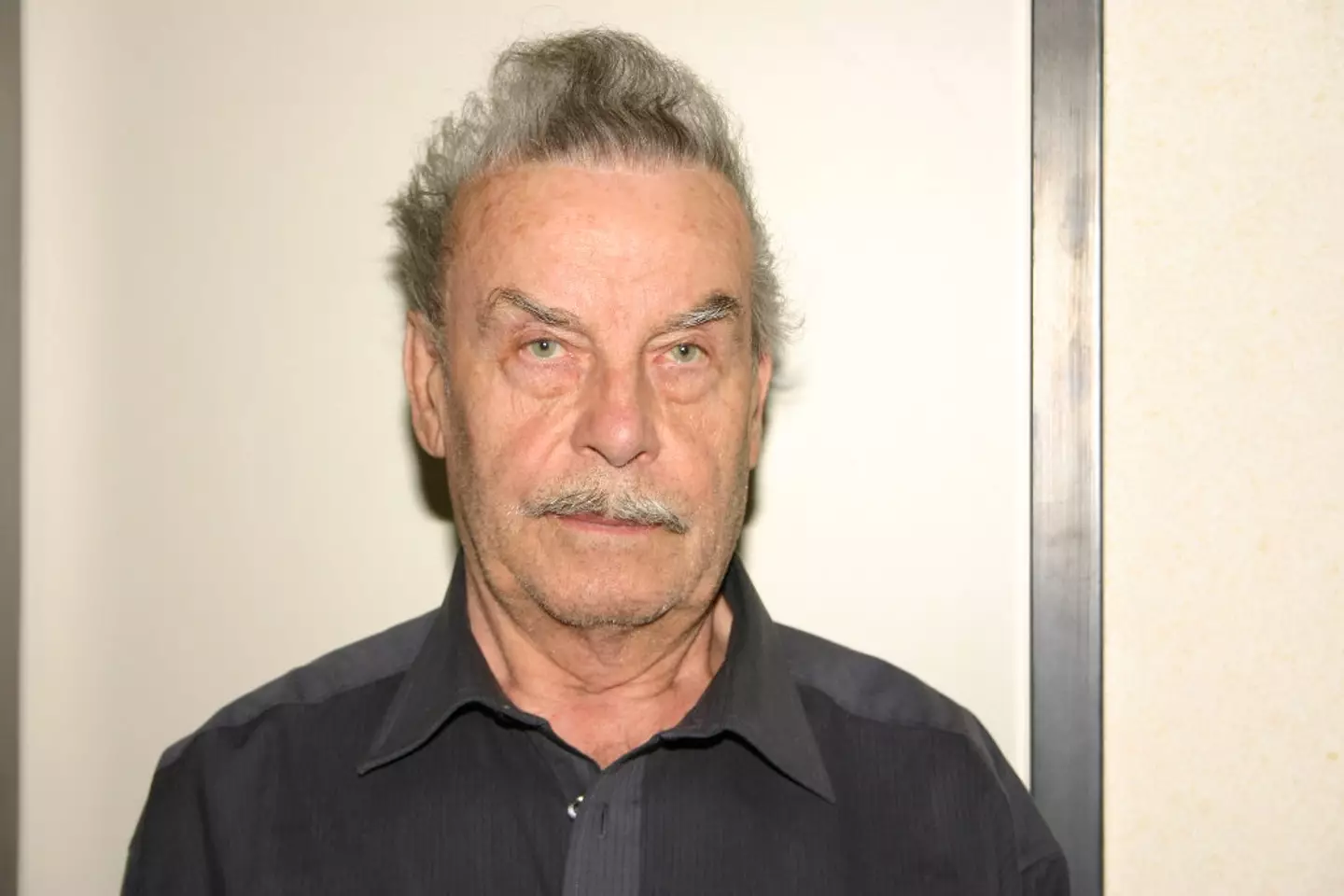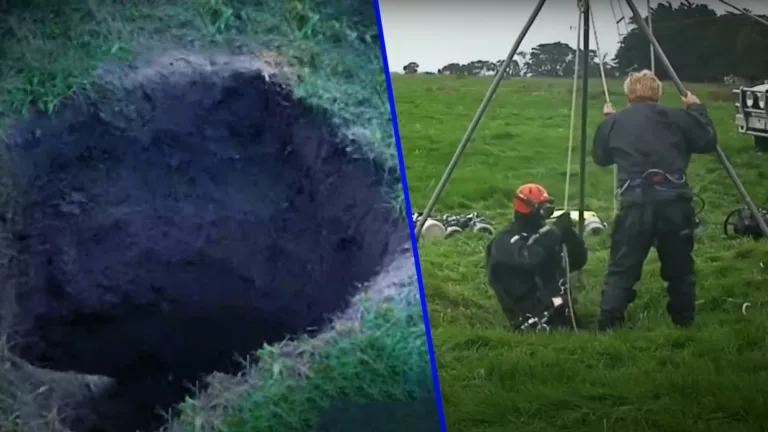Josef Fritzl Demands House with Basement if Granted Release: A Chilling Request from Austria’s Notorious Criminal

Josef Fritzl, infamous for one of the most horrifying crimes in modern history, has made headlines once again as he approaches the possibility of parole. The 89-year-old, who was sentenced to life imprisonment in 2009 for keeping his daughter Elisabeth captive for 24 years in a basement and fathering seven children with her, has reportedly started making specific demands for his post-prison life. Among these demands is a house with a basement—a chilling and controversial request that has sparked outrage and raised serious concerns about his potential release.
A History of Unspeakable Crimes
Fritzl’s crimes came to light in 2008 when Elisabeth, then 42, and three of her children emerged from the secret underground cellar in Amstetten, Austria, where they had been held captive. Elisabeth had been imprisoned by her father since the age of 18, though the abuse began much earlier when she was just 11.
During her captivity, Fritzl repeatedly raped Elisabeth, resulting in seven pregnancies. One child died shortly after birth, while three were raised in the cellar with Elisabeth. The other three were taken upstairs and raised by Fritzl and his wife, Rosemarie, under the pretense that Elisabeth had abandoned them.
The details of Elisabeth’s ordeal shocked the world and revealed Fritzl’s capacity for unimaginable cruelty. He manipulated, coerced, and controlled every aspect of his daughter’s life, creating a living nightmare that persisted for over two decades.

Josef Fritzl pictured during his trial in 2009 (APA via Getty Images)
In 2009, Fritzl was convicted of rape, incest, coercion, false imprisonment, and enslavement. His sentence of life imprisonment was to be served in a psychiatric facility.
The Road to Parole
Despite the gravity of his crimes, Austrian law allows prisoners to be considered for parole after 15 years. In 2024, Fritzl reached this milestone, sparking outrage and debate over whether such a dangerous individual should ever be allowed to reintegrate into society.
Fritzl’s initial parole hearing in early 2024 resulted in a court decision to transfer him from a special psychiatric facility to a standard prison cell. However, this ruling was later overturned by the Vienna court, which determined that the
facts surrounding his rehabilitation and potential threat to society had not been fully clarified.
By May 2024, another ruling allowed Fritzl’s transfer to a normal prison cell, with the court citing his advanced age and dementia as factors reducing the likelihood of future violent offenses. While this decision did not grant him freedom, it brought him one step closer to applying for parole, which he is expected to do in May 2025.
Fritzl’s Disturbing Demands
As Fritzl edges closer to his parole application, his attorney, Astrid Wagner, revealed that he has specific requests for his post-release living conditions. Among them is a demand for a house or apartment with a basement, a space horrifyingly reminiscent of where he committed his atrocities. According to Wagner, Fritzl claims he needs the basement to store numerous boxes of personal documents that have accumulated during his time in prison.
Fritzl has also requested that his residence be located near a train station, citing diminished confidence in his ability to drive. These demands have sparked outrage and disbelief, as critics argue that someone with Fritzl’s history of using a basement as a site of abuse should not be permitted access to one.
Legal and Public Backlash
The possibility of Fritzl’s release has triggered intense debate about the criminal justice system’s ability to balance the rights of offenders with public safety and the enduring trauma of victims. Legal experts and the public alike have questioned whether an individual capable of such calculated and prolonged violence can ever be deemed fit for reintegration into society.
Victims’ advocacy groups have expressed alarm over Fritzl’s requests, particularly the demand for a basement. Many view this as a grim reminder of the space that became a prison for his daughter and an accomplice to his monstrous actions. The psychological impact on Elisabeth and her children remains profound, and the thought of Fritzl living freely—especially with access to a basement—has been met with widespread condemnation.
The Challenges of Parole for Violent Offenders
Fritzl’s case highlights broader questions about the rehabilitation and release of individuals convicted of extreme violence. While Austrian law permits parole consideration after 15 years, critics argue that the severity of Fritzl’s crimes warrants a reevaluation of such policies.
Parole for offenders like Fritzl requires a careful assessment of their psychological state, potential for recidivism, and the risk they pose to society. Although Fritzl’s dementia and advanced age have been cited as mitigating factors, some experts argue that his history of manipulation and control suggests he could still pose a danger.

The notorious criminal became eligible for parole last year (SID Lower Austria via Getty Images)
The Impact on Survivors
The prospect of Fritzl’s release is deeply distressing for his victims, particularly Elisabeth and her children. While Elisabeth has worked to rebuild her life, the trauma inflicted by her father’s actions remains an enduring burden.
Psychologists emphasize that the release of perpetrators in cases like Fritzl’s can retraumatize survivors, forcing them to relive their experiences and undermining their sense of safety. The publicity surrounding Fritzl’s parole application has also reignited public interest in the case, potentially exacerbating the emotional toll on his family.
The Broader Implications
Fritzl’s demands and the possibility of his release have reignited discussions about justice, punishment, and rehabilitation in cases of extreme violence. Should age and declining health absolve someone of the consequences of their actions? Is it ever possible to truly rehabilitate someone who committed such calculated and sustained abuse?
Advocates for stricter sentencing policies argue that individuals like Fritzl should remain imprisoned for life, both as a matter of justice for their victims and to ensure public safety. Others contend that even the most heinous offenders have the right to seek rehabilitation and reintegration, provided stringent safeguards are in place.
Respect for Survivors and the Public’s Role
As Fritzl’s parole application approaches, the focus must remain on respecting and supporting his victims. Elisabeth’s courage in surviving and ultimately exposing her father’s crimes has been a source of inspiration, but it also underscores the enduring impact of abuse.
Public outcry over Fritzl’s case highlights the importance of holding the criminal justice system accountable for protecting society and prioritizing the needs of survivors. Advocacy groups continue to push for reforms that ensure justice and prevent re-traumatization.
Final Thoughts
Josef Fritzl’s case is a harrowing reminder of humanity’s capacity for both cruelty and resilience. As Austria prepares to decide his fate, the world watches closely, grappling with the ethical and practical implications of his potential release.
The trauma inflicted by Fritzl’s actions cannot be undone, but the decisions made in his case will set a precedent for how society addresses justice, accountability, and the rights of both offenders and victims in the most extreme cases. For many, the thought of Fritzl living freely—even with restrictions—feels like an affront to justice and a chilling reminder of his crimes.
Support for Survivors
As news of Fritzl’s parole eligibility and demands continues to unfold, many are reminded of the importance of supporting survivors of sexual assault and abuse. Resources like the National Sexual Assault Hotline (800.656.HOPE) are available for anyone affected by similar issues.
Featured Image Credit: SID Lower Austria via Getty Images / Handout by APA via Getty Images






